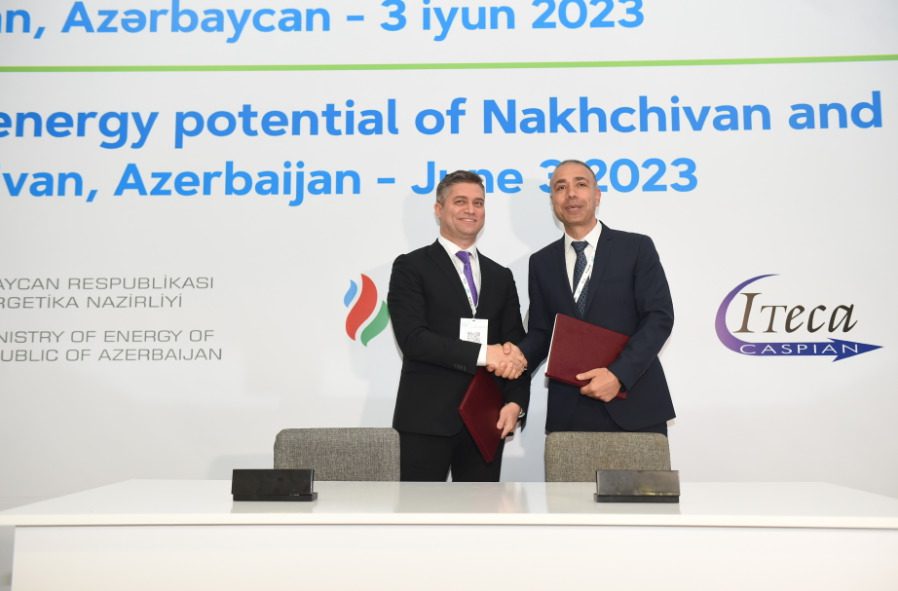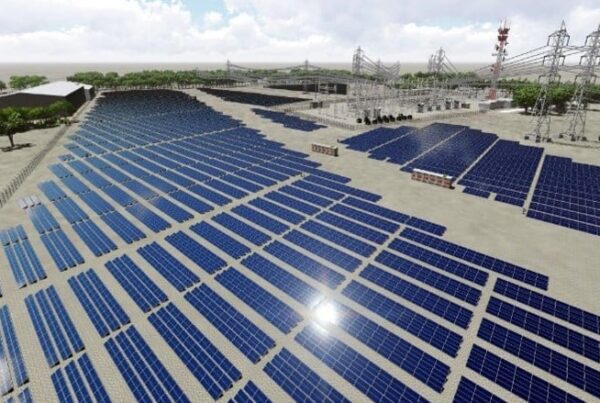

Nobel Energy, the power arm of international collective NEQSOL Holding, has signed a memorandum of understanding (MOU) with Azerbaijan to develop a 400MW solar project in the western exclave of Nakhchivan.
Azerbaijan’s oil and gas industry is an integral part of both the country’s energy mix and economy, and the Nobel Energy deal could change both aspects. The proposed project will generate power to meet Azerbaijan’s own clean energy goals, and to export electricity to Türkiye, as Nobel looks to “advance sustainable energy solutions”.
“This development follows our transformation strategy to be part of the solutions to help all our stakeholders to get affordable and reliable energy, while reducing environmental impacts,” said Nobel Energy CEO Vugar Samadli, referring to the need to transition the country’s industries away from fossil fuels. “It reflects our shared commitment with the government to harnessing the potential of renewable energy to drive economic growth and sustainable development”.
According to the International Energy Agency, oil and natural gas sales account for 90% of the country’s export revenue, and provide 98% of primary electricity, factors which have encouraged the Azerbaijan government to look for ways to decarbonise its industries.
However, total energy consumption in Azerbaijan has fallen considerably in recent decades, from a peak of 261TWh in 1990 to 183TWh in 2021, according to Our World In Data. The government may have seen this as an opportunity to invest in large-scale renewables, at a time where total demand for energy is low, as changes to the Azerbaijani energy mix could be less disruptive than in prior years.
The news follows other clean power commitments in Azerbaijan, including a new 312MW project in Baku, and a deal signed between the government and TotalEnergies to build 650MW of wind and solar projects. These facilities will also be built in the Nakhchivan exclave, which sits outside the Azerbaijani borders, and could help the region improve its energy security.
“We look forward to the next steps in our journey aimed to empower sustainable development, create new opportunities and make a lasting positive impact,” added Samadli. “The future holds immense potential, and we are eager to embark on this transformative path.”





